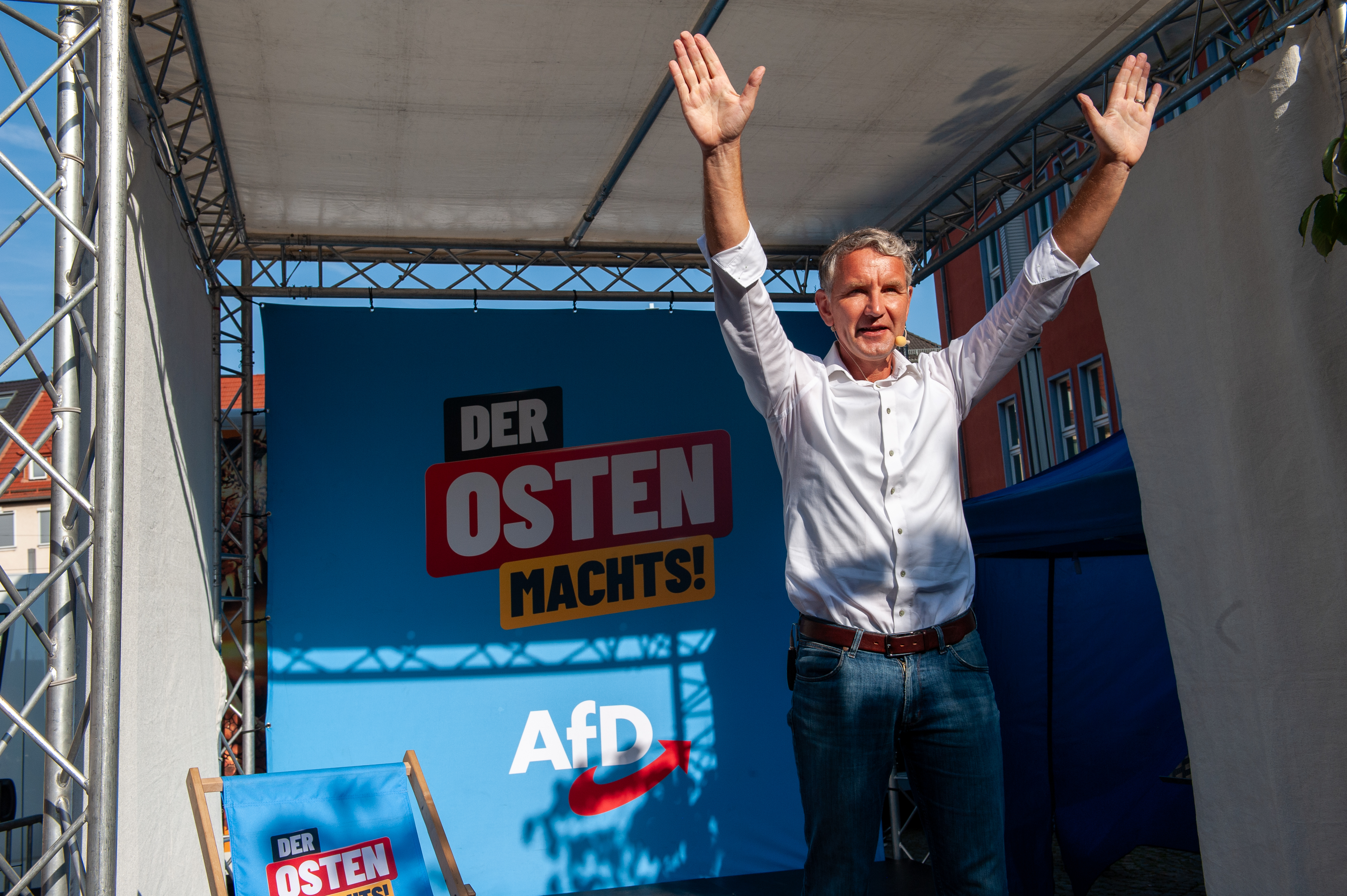Franco-German Relations Deepen Amidst Economic and Political Challenges
This week marks a significant return to European politics after the summer recess, overshadowed by escalating issues in Franco-German relations.
In Berlin, a historic electoral gain for the Alternative for Germany (AfD), a far-right party, raises serious concerns about the stability of Germany’s fragile three-party coalition.
Meanwhile, in Paris, the aftermath of the Olympic Games leads to renewed disputes regarding the appointment of a prime minister and efforts to form a functioning government following a hung parliament in July. Without a operational parliament, France risks delays in finalizing a crucial draft budget for the upcoming year, as the economy may require austerity measures up to €25 billion to control a rising deficit.
Coalition politics have long been a reality in Europe. Belgium remains without a government after recent elections saw Flemish nationalists emerge victorious. The rise of hard-right parties is becoming a familiar element in European elections, with the Netherlands witnessing a surge in anti-migration sentiment, while Italy has been under hard-right leadership for two years.
What sets this current Franco-German crisis apart is the intersection of political instability and growing economic pessimism. France and Germany account for two-fifths of the EU’s economy, and their joint fortunes play a crucial role in shaping the future of the European project. It is rare to see both nations experiencing such significant political malaise since the inception of the modern EU following the Maastricht Treaty in 1992.
Historically, the EU has seen weaker southern economies and troubling eastern states as problematic. Now, however, the focus is on the ongoing political issues in Paris and Berlin, where relations have deteriorated under President Macron and Chancellor Olaf Scholz.
Despite some shared challenges, their economic troubles differ significantly. The AfD made history on Sunday by becoming the first ethno-nationalist party to win a regional election in Germany since the Nazi era, achieving victories in Thuringia and a second-place finish in Saxony. Other emerging political forces, such as a new party led by Sahra Wagenknecht, are also gaining traction, advocating for wealth redistribution and stricter immigration controls. This election saw a significant portion of the electorate supporting both the AfD and Wagenknecht’s party, leaving mainstream parties like the Social Democrats, Greens, and Liberals struggling.
While Germany’s political barriers usually prevent extremist parties from gaining power, the emergence of the AfD highlights a growing discontent with issues such as Germany’s financial support for Ukraine, opposition to immigration, and dissatisfaction with the current economic climate. The AfD’s platform includes proposals for a new euro and blaming immigration for various societal and economic challenges, including the cost of living and high interest rates.
This shift is likely to impact the Christian Democrats, the leading opposition party as they gear up for national elections next year. Friedrich Merz, the party leader, has advocated for declaring a refugee emergency that would halt asylum processing, raising concerns about compliance with EU laws.
Merz and other political figures are echoing anti-immigration sentiments despite Germany’s need for a robust workforce amidst rapid population growth. Such rhetoric from established politicians illustrates a common trend of blaming immigration instead of addressing deeply rooted economic issues.
Many political parties lack a vision for an economically sustainable Germany that does not rely on cost-effective energy, export success, or strict fiscal regulations. Although Germany has one of the lowest debt ratios among major economies, it is projected to have the second-lowest public investment rate in the EU next year, due to a stubborn adherence to fiscal rules that prioritize trade surpluses and bolster economic imbalances.

Turning to France, the fiscal crisis stems not from austere spending but rather from a lack of budgetary discipline. The country is now facing its third month without a parliamentary consensus, as left-wing, liberal, and far-right parties struggle to select a prime minister who can secure a minimal majority. In contrast to Germany’s fiscal conservatism, France grapples with a deficit of 5.5 percent of GDP and a debt ratio expected to hit 115 percent of GDP by the decade’s end. Macron’s prior government had proposed significant spending cuts and tax increases to adhere to EU fiscal standards, plans that were disrupted by the decision to call snap elections in June.
France is required to submit its draft budget, detailing deficit reduction strategies, to the European Commission next month. However, the only agreement among Macron’s opponents appears to be a desire to eliminate his controversial pension reforms, potentially complicating the fiscal landscape and necessitating severe tax hikes elsewhere.
For the time being, financial markets seem tolerant of France’s political stalemate, as investors appear unaware of the complexities surrounding emergency budget protocols without a clear parliamentary majority. Even in the case that a budget is formulated, meaningful progress in deficit reduction seems unlikely, leading to increasing worries about France’s fiscal health and its future governance.
Mehreen Khan is Economics Editor of The Times




Post Comment